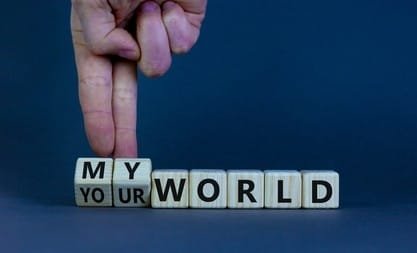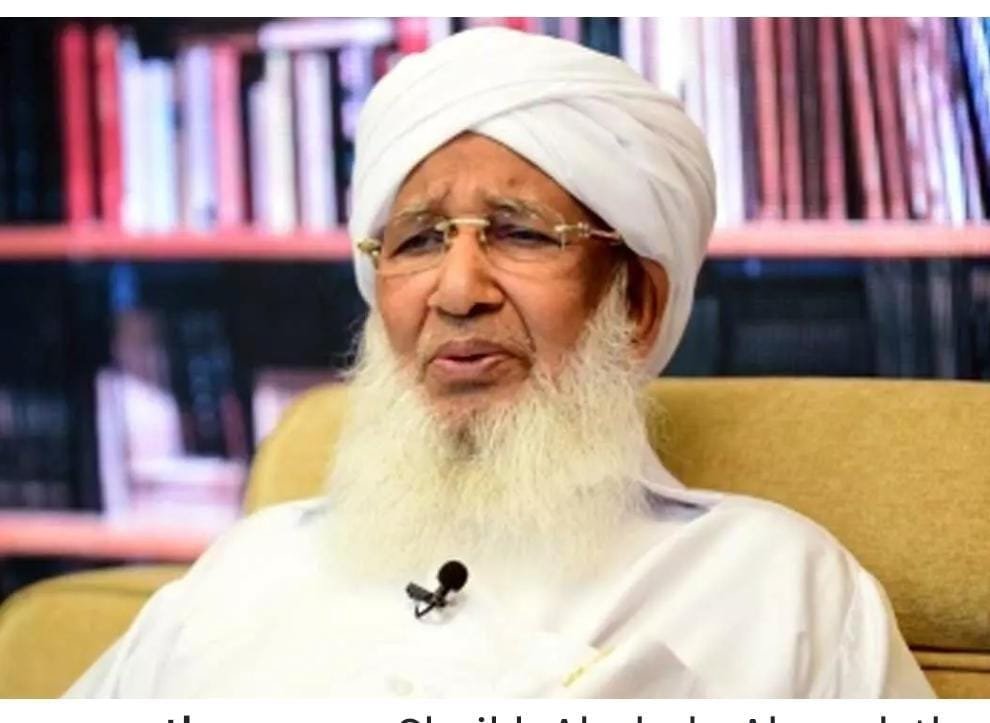By Sanjay Kumar
In the aftermath of the First World War, the international community came together in 1920 to establish the League of Nations — an ambitious attempt to maintain world peace and resolve conflicts among member states. However, the League failed to live up to its purpose. Member nations continued to fight among themselves and ignored the League’s principles. One of the key reasons for its collapse was the absence of the United States, which never joined the organisation.
In 1946, following the devastation of the Second World War, the League was replaced by the United Nations. This time, the United States became a founding member, lending the new body much-needed credibility and strength. For more than five decades, the UN functioned as the moral voice of the global community. Despite limitations and criticism, it retained the trust of most nations.
Today, that trust is dangerously fraying.
Ironically, it is the West — particularly the United States, a chief architect of the post-war international order — that is now eroding the very foundation it once helped build. Through actions that defy international law and the spirit of global cooperation, the US and its allies are rendering the UN ineffective and irrelevant.
The recent aggression by Israel and the United States against a sovereign nation like Iran has further weakened the UN’s already diminished legitimacy. The organisation’s powerlessness in the face of Israel’s ongoing assault on Gaza has been painfully visible. Now, the attack on Iran only deepens the crisis of confidence in international institutions.
What is most gravely under threat today is the trust between nations. The United States was engaged in dialogue with Iran — and at the same time, was preparing to attack it. Israeli strikes on Iran coincided with the scheduled resumption of talks between Washington and Tehran. Just days later, the US launched its own assault on Iran’s nuclear facilities — an unprovoked act of aggression against a country it claimed to be negotiating with.
It is a strange and dangerous time — made worse by the fact that the world’s most powerful country is led by a man seemingly bereft of moral and political principles.
It was Donald Trump who unilaterally abandoned the 2015 Iran nuclear agreement — the Joint Comprehensive Plan of Action (JCPOA) — a landmark deal signed by Iran and major world powers, including the US. Under the JCPOA, Iran agreed to scale back its nuclear program and submit to stringent international inspections, in return for relief from crippling sanctions.
Trump tore up the agreement without consulting his allies or the United Nations. In his second term, he made a show of resuming dialogue — but Washington once again betrayed Tehran by attacking it instead.
This sets a dangerous precedent — where the world’s most powerful nation acts as a rogue actor, breaking promises, betraying partners, and treating international agreements as disposable. Such behaviour breeds cynicism and distrust, especially among developing countries. Why would any nation now believe in a deal brokered by the West?
It was precisely this kind of cynicism and distrust that doomed the League of Nations. And now, America’s erratic actions threaten to do the same to the UN.
In the absence of trust and accountability, international law begins to mean little. Worse, such behaviour inspires other regional powers to follow suit — to act aggressively toward their neighbours while disregarding global norms.
Iran has little reason now to trust the West. It understands that any agreement it signs with the US may be torn apart by the next administration or discarded on a whim. The logical response — as dangerous as it may be — is for nations to arm themselves for protection. Iran is likely to intensify its efforts to develop nuclear weapons. Other vulnerable states may feel compelled to follow the same path.
The UN, meanwhile, appears increasingly powerless. Its inability to stop the war in Gaza — its helplessness in the face of what many see as an ongoing genocide — speaks volumes about its fading relevance.
We are living through the disintegration of global order. The world is gasping for a new structure — one that is fair, consistent, and truly representative. But that structure is nowhere in sight. And that, perhaps, is the most alarming sign of all.
Author’s Bio: Sanjay Kumar is a Delhi based journalist who has been covering international affairs and South Asia for over two decades.DD





